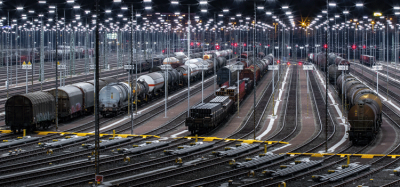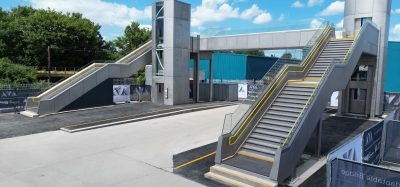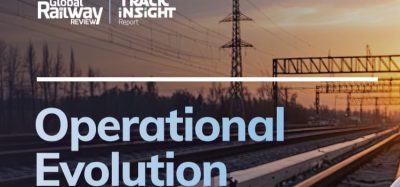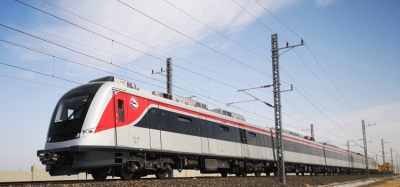Oil is finite, but data isn’t
Posted: 4 November 2024 | Tim Flower | No comments yet
At this year’s Rail Infrastructure Asset Management Summit, held by Metis Conferences, we caught up with Account Director North Europe at KONUX, Tim Flower. He discussed the role of data in 2024, how companies can harness such data, the evolving workforce due to digitalisation, and the future of the rail industry as a whole.


Clive Humber declared back in 2006, that data is the new oildata. In 2024, to what extent do you think that statement is true?
It’s very true in the fact that to get the best value out of oil, you’ve got to refine it, you’ve got to process it, and you’ve got to make it into a, a different product. So that’s where we believe the analogy really lines up well. We take data recorded from our devices, which is basic acceleration from a passing train, and turn that into probably six or seven different insights. We’re working on a couple more and it’s amazing how much value you can derive from a series of data outputs. They say a single data point, a single type of data, provides multiple reference points, being able to give infrastructure owners things that they didn’t expect. That’s what we really like in terms of the capabilities of extracting value from something that is quite basic.
I guess the only contention is that oil is finite, and data isn’t. So, there’s always going to be new data. There’s always going to be additional data sources created. I guess that’s where the analogy ends, but in terms of the value that could be derived, it is phenomenal. Likewise, if you combine oil with other things, you can get more value. So again, that’s where we think combining data between different suppliers (infrastructure data, supplier data); different suppliers collaborating can really help infrastructure operators, managers to be more effective, efficient, reliable, and safe.
How can data be optimised for the rail industry?
Sharing it! Sharing is everything with data. We hit so many roadblocks with obtaining data, from Network Rail, whether it’s people artificially putting barriers up or technical barriers because the database was bought and fifteen years ago you couldn’t share the data, and contractual and commercial and legal.
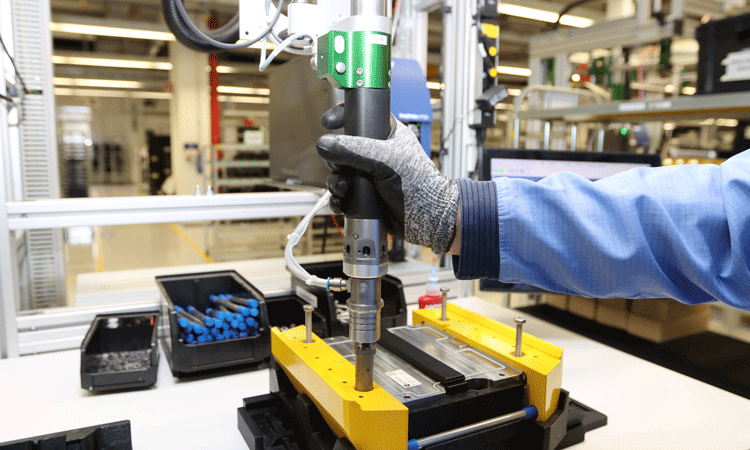

I think that’s where some effort, completed now, will really help infrastructure managers get the best out of their own data, supply data, and put in the right mechanisms for data sharing. It’s going to be fundamental to success. One of the things that we really believe is that trying to get everything to one system is doomed to fail.
It’s too complicated. There are too many opportunities for failure. There’s too much complexity but getting the right data points into a single system is fundamental. To be able to click through to the core system to get the deeper level of data, you need the fundamental data, something will go wrong in a week, then that’s in the core system. Then they want the data that tells you why it’s going to go wrong in a week. You then go through to the spoke system because that minimises the amount of integration that’s required, but also maximises the speed at which the spoke can develop. If the central system has always got to evolve at the same speed as the app, as the subsystem, then the user is never going to get the value from the speed at which the subsystem can evolve.
The key thing is that infrastructure managers don’t try and do too much themselves, and they work with the supply chain to create an optimal model. We’ve seen that infrastructure managers try and do too much themselves because they think they should, particularly when they would be faster and probably more efficient by taking the optimal amount of data into their systems and leaving the core data elsewhere. How can the industry boost the shift to digital regarding digital asset management? By opening the data up, but also really thinking about the processes, the standards, making it clear what is expected from a data provider.
We need to put the right frameworks in place. Commercial is always a massive challenge dealing with any government entity, for obvious reasons. Making sure the right procurement platforms are in place, making sure that when we search and development is performed, that there’s a clear path to commercialisation or procurement. From what we’ve seen, network developments improved massively, but five years ago, you would do an R and D project, it’d be successful, and then you think about how you’re going to buy it, so then you are almost starting again in that process. It’s about finding that smooth transition from research and development into optimisation, operation, and getting people on board. Give people simple, easy to understand intuitive systems.
Look at the iPhone model: this has probably been used a lot, but you don’t get a training manual for your iPhone. The systems that are introduced to railways need a training manual. Why is that? You should be able to go into the system, and it should be that if you understand your field, you should be able to understand the app in your iPhone. That’s a real key feature. So, in the past, we’ve given suboptimal applications to front end users who are in the dark, it’s raining, etcetera. Not only, therefore, are we asking them to do something new, we’re asking them to do something new, complicated, and not intuitive – we’ve got to avoid that.
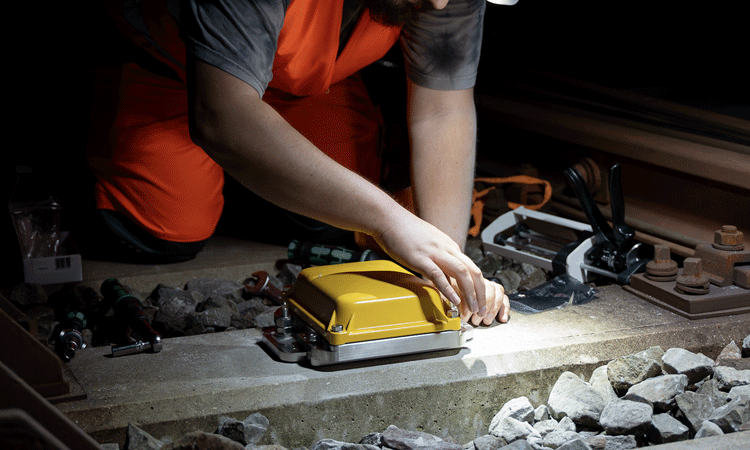

Why is it important for companies to create security policies and practices as this digital shift is occurring?
I think cyber-security is fundamental to how everybody’s got to operate in the future. Without it, we could ultimately cause someone to make a wrong decision, therefore having that integrity of data from creation through to process, through to it being consumed, it’s really going to be fundamental for maintaining the safe life of railways. I think to understand, we’ve got to look at the risk and the likelihood and consequence of somebody hacking into a system.
We recently discussed the importance of cyber-security as a logger, versus a signalling system, and if you treat it too equally, you’re going to make the logger system very expensive unnecessarily, because why would somebody log into a logger to tell you your points are going to fail?
Think therefore, about why somebody would do it, because ultimately if they tell you your points are going to fail, you’re going to send a team out and they might not fail – you’re going to be fine. Putting a massive layer of security in the wrong place is, it is also, um, needs to be really, I guess you have to think about how much security you apply to each piece of the chain, and really make sure that you target your investment where it’s absolutely necessary. Some risks are manageable, and in such low likelihood that they’re never going to be serialised anyway.
This year is Global Railway Review’s thirtieth birthday, its pearl anniversary. Do you have a pearl of wisdom you’d like to share with us today?
My view is that we have come a long way in digitalisation in the industry, but we are miles away from achieving what can be achieved and what other industries have achieved. So, I think the rail industry needs to be faster, smarter, and probably more flexible to really drive the change that is needed through demographics, efficiency requirements, reliability requirements, and keeping the travelling public and workforce safe.


Issue
Related topics
Big Data, Cyber-Security, Digitalisation, Infrastructure Developments




